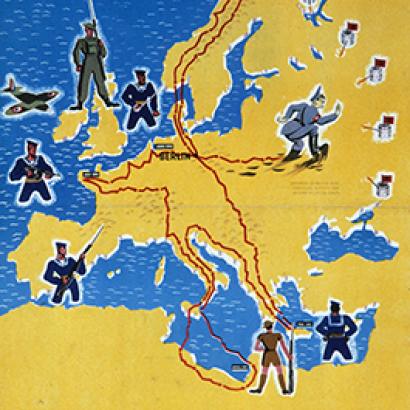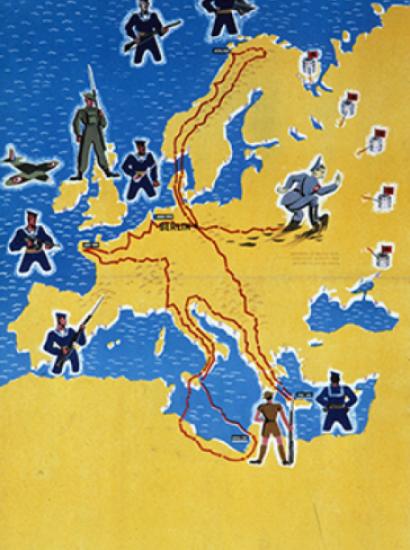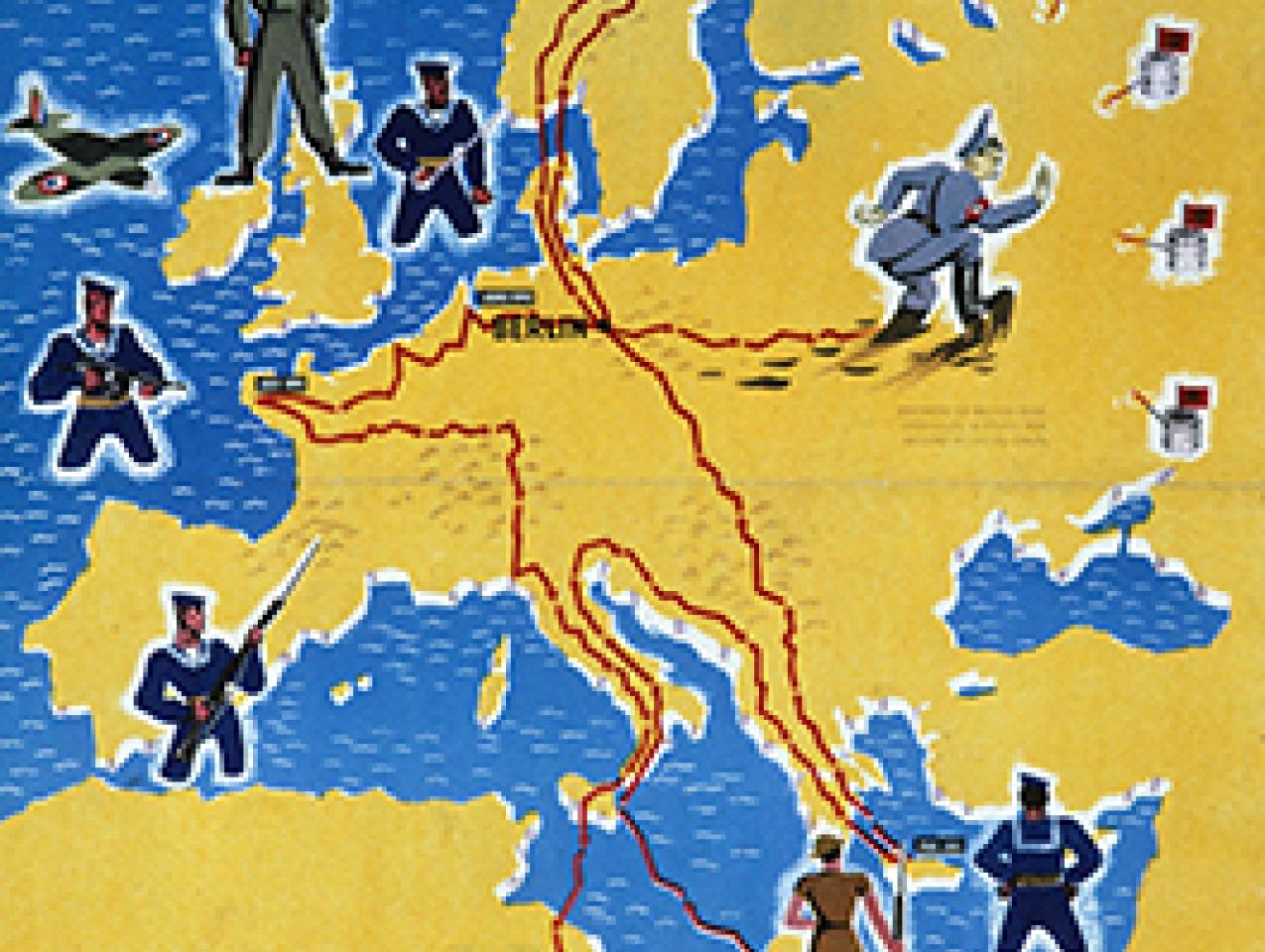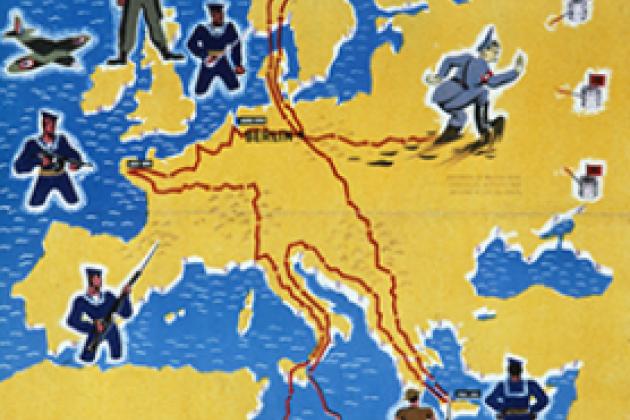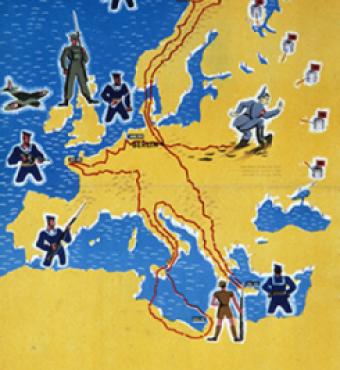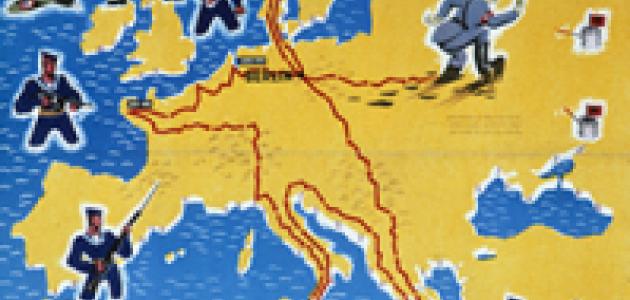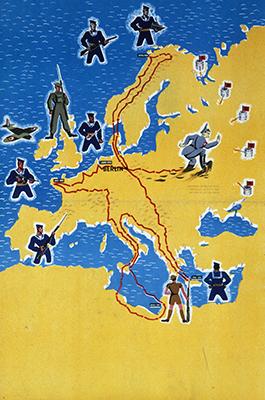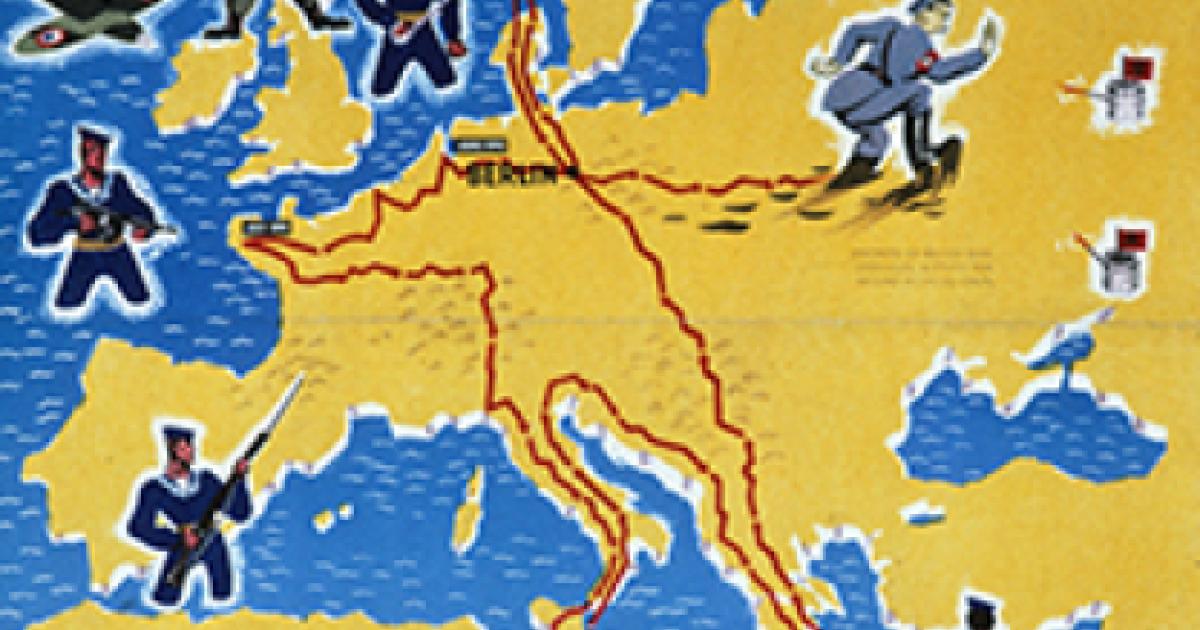- History
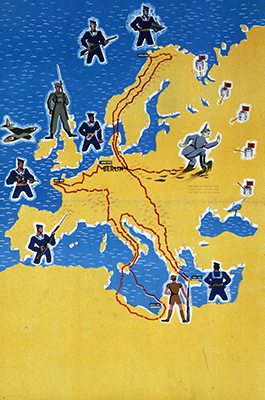
What is the point of the European Union? Only a few years ago such a question, especially coming from a British Brexiteer such as me, might have been written off as simply provocative rudeness from an ideological foe. Today, however, in the light of the EU’s incapacity to meet the strategic challenges posed by China’s aggressive foreign policy, the health challenges posed by COVID-19, the economic challenges caused by the global lockdown, and the budgetary challenges posed by Britain (its second-largest net contributor) leaving, it is legitimate to ask what the EU is really for at this stage of the 21st century.
Its proponents argue that it still has the task of finding a way between what it has always seen as the twin evils of America’s free market, free enterprise Capitalism, and its mirror-image, which was once the state capitalism of the Soviet Union and is now the version of crony capitalism presided over by the Communist Party of China. Yet is that true any longer, even if it ever was?
The covert anti-Americanism is undoubtedly still there, although fortunately nowadays Americans themselves are no longer quite so blinkered in spotting it as they were in the days when Henry Kissinger supported closer European integration on the grounds that he wanted to be able “to pick up the telephone to speak to his opposite number” in Europe. If anyone still doubts whether Brussels is still steeped in anti-Americanism, they ought to consider its seven-year-long (ultimately losing) fight to bully Ireland into forcing Apple to pay $13 billion in taxes that Ireland did not want Apple to pay.
Yet when it comes to standing up to China, the EU puts out brave joint communiques about how much it deplores the extinguishing of democracy in Hong Kong, and then fails to do anything about the larger countries, such as Germany, entirely undermining that stance. Only last month Germany removed the flag of Taiwan from its foreign ministry’s website, in the latest example of that country’s craven kow-towing to Beijing:
The EU’s response to COVID-19 has also illustrated how, when it comes to serious challenges, Brussels has nothing much to offer EU member states once one factors in what they have to contribute. As soon as the lockdowns started to occur, it became clear that countries would protect themselves on a state-by-state basis, and those that produced personal protective equipment (PPE) and ventilators would distribute them on a strictly national, and occasionally bilateral basis, and not one that took any notice of the EU.
As with the refugee immigration crisis earlier, Brussels tried to involve itself, finger-wagging against middle-European countries who did not want to admit mass, largely Muslim, groups of immigrants, but was ultimately powerless to impose its will. Similarly, when the EU’s twenty-seven ambassadors wrote an opinion piece which had one clause—not even a whole sentence—implying that the virus had started in China, the EU’s Beijing office permitted it to be edited out.
Internally, the EU has been in severe constitutional crisis since the German Constitutional Court, sitting in Karlsruhe, recently challenged a legal decision originally made in 2018 by the European Court of Justice (ECJ) to legitimise the European Central Bank’s bond-buying program. This is a direct threat to the independence of the ECB, and the new President of the Commission, Ursula von der Leyen, has raised the possibility of taking infringement proceedings against Germany. This would mean that that country would be forced by the ECJ to override its own Constitutional Court, which is independent of the German Government, over an issue for which it was not responsible. No one can envisage Angela Merkel doing any such thing anytime soon, yet if the ECJ is not sovereign over EU law, the entire European project is grounded.
In the present negotiations over the €750 billion post-Covid bailout, the so-called “Frugal Four” countries—Sweden, the Netherlands, Denmark, and Austria—want the fund to be smaller and more of the cash to be handed out as loans rather than grants, with strings attached to ensure that countries like Italy and Spain account for it properly. Although there will be a compromise, as there always is in the EU after enough negotiation and horse-dealing, the Four (who would have been a Frugal Five if Britain had not left) have a completely different attitude towards further economic integration than the other twenty-three countries.
Although Brussels will attempt to bully Britain into giving up its rights over fishing in British waters and protecting British industries now that she has left the EU, rather than taking the more sensible route in these recessionary times of giving Britain a free trade deal, Boris Johnson has made it clear that we will trade on World Trade Organization terms instead, and look to America for a free trade deal. With the EU moribund, if not on life-support, the United States has never had a better opportunity to move decisively in support of her historic ally and against her historic, albeit covert, antagonist.
Andrew Roberts is the Roger and Martha Mertz Visiting Fellow at Hoover, and the author of Leadership in War, published by Penguin.







